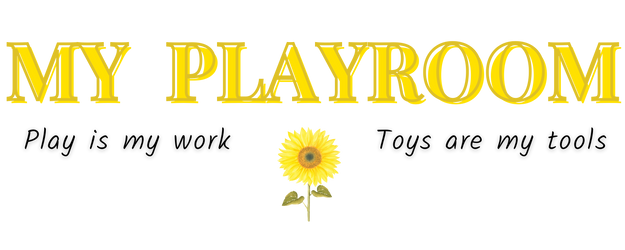1. Early Childhood: The Key Sensitivity Periods
From birth to age two, children grow and develop at an incredible pace. Their brains are highly receptive to the stimuli surrounding them, and the right toys can foster learning naturally and playfully. Here are some key sensitivity periods in early childhood and ways in which educational toys support their development:
a) Music Sensitivity
Children in the age bracket starting from 0 to 2 years usually get attracted to the rhythmic sound of toys. Simple musical instruments, rattles, or other toys that can play tunes easily fascinate them and give them a keener musical sense. Rhythmic patterns help children develop timing skills at an early stage in life, which also helps in the development of language and motor skills in later years.
b) Language Sensitivity
At this stage, children are beginning to pick up the language around them. Interactive educational toys allowing repetition of words or answering questions advance this emerging language capability. Simple word games or sound imitation-conducive toys are great for age-appropriate support in this stage.
c) Sound Differentiation Sensitivity
During this stage, children become even more inquisitive about sounds and playing with their vocal cords. To enrich their sound awareness, which is very crucial during these formative years of their language development, exposure to a variety of toys with different sounds, tones, and pitches is helpful. Without this early exposure, children may struggle later in life when studying a foreign language or using a musical instrument.
2. Preschool Age (3–4 Years): Laying the Foundation for All Future Learning
New dimensions in their development begin to take place as children reach the ages of 3 and 4. They begin to connect what they see with what they hear, developing a much more complex foundation for thinking and communication. Some of the leading focuses of development in this stage include:
a) Language Sensitivity
At this stage, the child begins to associate various objects with the words they already know to develop some rudimentary concepts. Educational toys such as word-matching games or storybooks with interactives to match would allow children to build up their vocabularies and increase their descriptive capabilities.
b) Sensitivity to Music
Music tends to remain a relevant topic within early childhood development. Simple toys that promote or encourage singing, dancing, or rhythm-type games can develop in children an appreciation of music. Without such early exposures, the child may become tone-deaf and unable to carry a tune or develop a strong musical ear.
c) Attention Sensitivity
Curiosity at this age becomes more and more oriented toward the details that surround them in life. Toys that spur curiosity, like magnifying glasses, building blocks, or exploring toys, help them focus on and develop their observing skills. When interest and curiosity are piqued, it sets up a platform for critical thinking and problem-solving skills.
3. How to Make Learning Fun with Educational Toys
One of the great ways to stimulate your child's learning is through playful activities that involve fun, yet may not seem like education to them. Here are a few ideas that can help you transform your child's playtime into valuable learning time using educational toys.
a) Interactive Learning Games
Using educational toys in games you both play together. For example, shape-sorting toys or puzzle games will allow him to be involved with problem-solving. You can ask him questions like, "Can you find the square?" or "Where does this piece go?" to maintain his thinking and lighten his time.
b) Sensory Play
The more your child is exposed to textures, sounds, or lights of toys, the more the toy will develop sensory learning. Using such toys, children explore their world through touch, sight, and hearing which strengthen the neural pathways in their brains.
c) Creative Building Activities
With such toys as building blocks, magnetic tiles, or even modelling clay, one can reveal the creative potential of one's child. Encourage your child to build, solve problems, and picture through construction to enhance his spatial awareness and cognitive development.
It is not necessary to choose educational toys for your child as a time-consuming activity. While stimulating your child's natural aptitude, senses, and creativity, the door to full development can be opened. This is because from birth up until preschool, educational toys provide tools that support cognitive, physical, and emotional development in a fun and engaging way.
At My Playroom, we are committed to helping you give your child the best educational start. Browse our collection of high-quality, developmentally appropriate educational toys and watch your child flourish!

